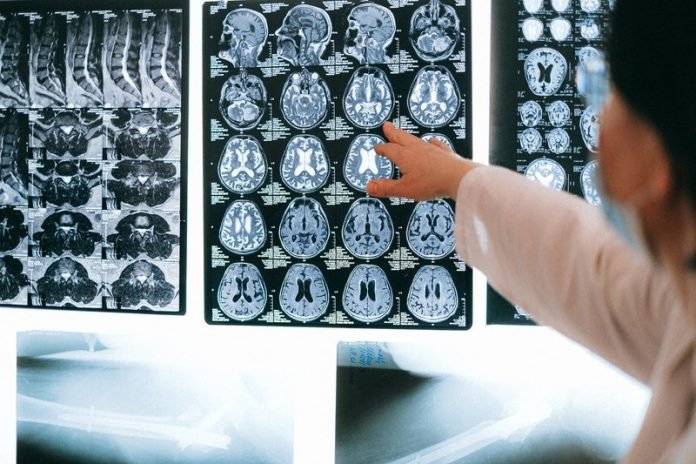
In a new study from Washington University in St. Louis, researchers found potential new treatment targets for Alzheimer’s disease, as well as existing drugs that may fight against these targets.
The potential targets are defective proteins that lead to the buildup of amyloid in the brain, contributing to the onset of problems with memory and thinking that are the hallmark of Alzheimer’s.
The 15 existing drugs identified by the researchers have been approved by the Food and Drug Administration (FDA) for other purposes. They provide the possibility of clinical trials that could begin sooner than is typical.
In addition, the experiments yielded seven drugs that may be useful for treating faulty proteins linked to Parkinson’s disease, six for stroke and one for amyotrophic lateral sclerosis (ALS).
Scientists have worked for decades to develop treatments for Alzheimer’s by targeting genes rooted in the disease process but have had little success.
That approach has led to several dead ends because many of those genes don’t fundamentally alter proteins at work in the brain.
The current study takes a different approach, by focusing on proteins in the brain, and other tissues, whose function has been altered.
In this study, the team used human samples and the latest technologies to better understand the biology of Alzheimer’s disease.
They analyzed proteins and genes from brain tissue, cerebrospinal fluid and blood plasma from samples gathered from 1,537 people in the U.S.
They were able to identify new genes, druggable targets and FDA-approved compounds that interact with those targets to potentially slow or reverse the progress of Alzheimer’s.
The scientists focused on protein levels in the brain, cerebrospinal fluid, and blood plasma of people with and without Alzheimer’s disease.
Some of the proteins were made by genes previously linked to Alzheimer’s risk, while others were made by genes not previously connected to the disease.
After identifying the proteins, the researchers compared their results to several databases of existing drugs that affect those proteins.
These drugs are FDA-approved, and all of the safety data on the drugs are available. With what is already known about the safety of these drugs, researchers may be able to jump directly to clinical trials.
The team says the team’s focus on protein levels in key tissues has certain advantages over prior efforts to identify genes linked to Alzheimer’s.
If you care about Alzheimer’s and dementia, please read studies about many dementia cases can be prevented by avoiding these 12 things and findings of a new form of dementia.
For more information about Alzheimer’s and your health, please see recent studies about sleep is the ‘crystal ball’ to predict Alzheimer’s disease and results showing that this unhealthy habit may cause Alzheimer’s disease.
The study is published in Nature Neuroscience. One author of the study is Carlos Cruchaga, Ph.D.
Copyright © 2021 Knowridge Science Report. All rights reserved.




